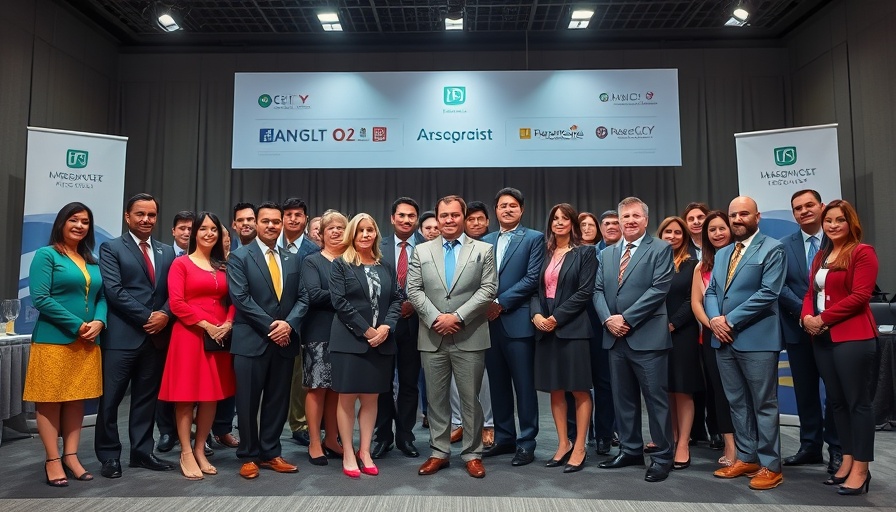
The Call for a New Constitution: A Historical Perspective
The recent 2025 National Constitutional Summit in Abuja reignites an ongoing conversation about Nigeria's governance and legal framework. Advocates for change argue that the existing 1999 constitution has become obsolete and requires a complete overhaul to reflect the current demands and aspirations of the Nigerian populace. Those present at the summit included prominent political figures and experts who shared their views on the necessity of a 'people-driven' alternative. This perspective challenges the sequential approach typically taken by the National Assembly, which often leads to ineffective amendments rather than meaningful change.
In the video 'New Constitution for Nigeria? Key Resolutions from 2025 National Summit', the discussion delves into the urgent need for a revised constitutional framework, exploring critical insights that warrant deeper analysis.
The Essence of Citizen Engagement in Constitutional Reform
In Dr. Sam Amadi's analysis, the success of implementing a new constitutional framework hinges on genuine citizen engagement. He asserts that constitutions globally tend to remain effective when there are fewer amendments, typically reflecting selective changes arising from rigorous discourse rather than superficial alterations. Given Nigeria's need for a constitution that represents all voices, fostering a robust national dialogue is essential for legitimizing a new governance structure.
Exploring the Implications of Current Proposals
The summit’s resolutions and discussions have sparked debates surrounding core issues such as citizenship and governance structures, including proposals for transitioning from parliamentary to presidential systems. Critics caution that recommendations focused on structural adjustments can overlook fundamental social factors. Ways to improve citizenship and ensure equality may present more immediate benefits than revisiting the overview of governance entirely. This sentiment resonates with political actors like Senator Ned Woko, who highlights that good governance, rather than a new constitution, should be prioritized.
The Challenges of Political Implementation and Reform
As Nigeria navigates its political landscape, past attempts to institute reforms serve as cautionary tales of inefficacy and wasted resources. Dr. Amadi emphasizes the importance of a strategic approach focused singularly on pressing issues, rather than the fragmented 'circus' of discussions witnessed in previous attempts. To make strides toward real governance change, the National Assembly must prioritize disconnecting the president’s appointing power and facilitating active civic participation.
Moving Forward: Proposed Actionable Insights for Effective Reform
To enhance governance, Nigeria requires a clear framework emphasizing the necessity of regular, structured conversations about constitutional matters. Leaders must cultivate transparency in these dialogues, ensuring citizens feel represented. Suggestions from summit participants advocate for starting with manageable yet impactful issues—be it gender representation adjustments or clarifying citizenship rights to reflect a unified Nigerian identity.
Averting Misconceptions Through Informed Dialogue
Amidst the complexities of constitutional reform lies a risk of misunderstanding the initiatives proposed. Effective reforms hinge on educating the public about what constitutional changes entail and dispelling the notion that transformation is solely reliant on new documents. The summit has opened the door for not just discussions but a distinct action plan that includes clear pathways for achieving political accountability. This fosters a comprehensive understanding of the nuanced interactions between citizens and their government.
In light of the critical discourse from the 2025 National Constitutional Summit, it is evident that while the call for a new constitution may face skepticism, the framework for national engagement and sustained democracy must continue to evolve. Every stakeholder—from government officials to everyday citizens—has a role to play in cultivating a political landscape that ultimately serves Nigeria's collective interests. To truly define the future of governance in Nigeria, our leaders must take that first step towards genuine political discourse.
 Add Row
Add Row  Add
Add 


Write A Comment